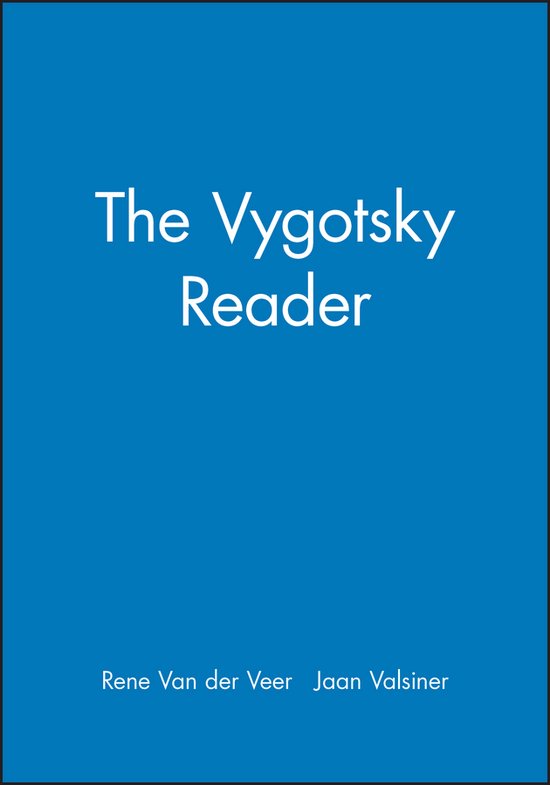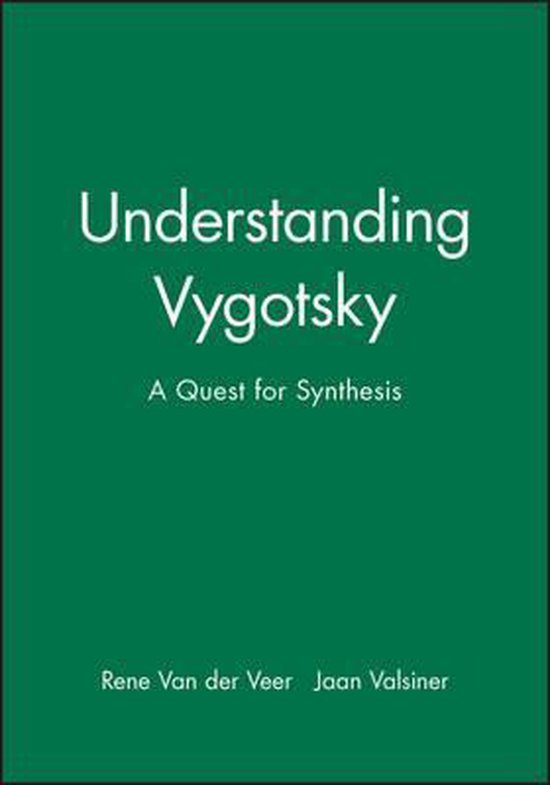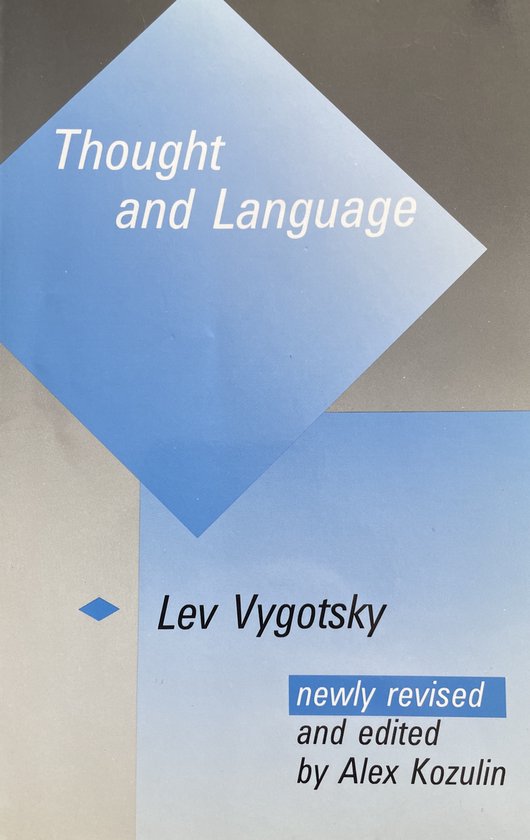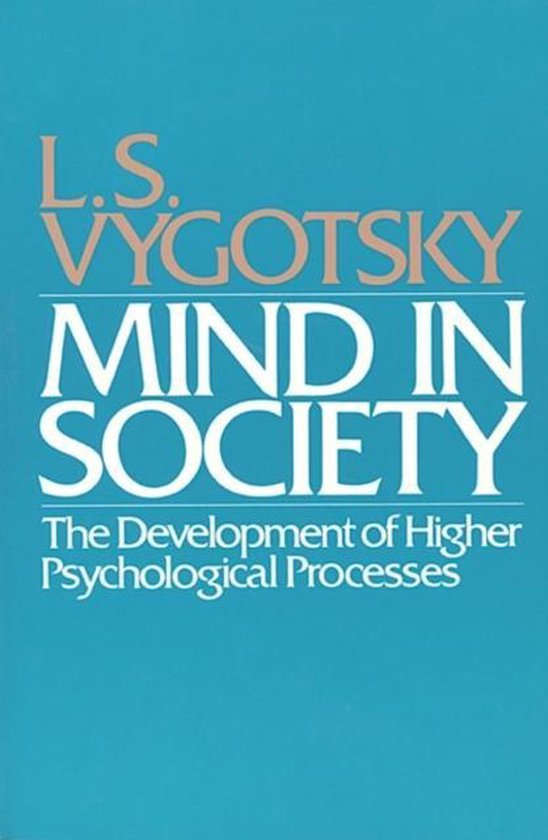
The Vygotsky Reader
Until quite recently, Vygotsky's work was known only to a small circle of Western psychologists, but he has rapidly emerged as one of the major theorists of the twentieth century. This new volume aims to provide students and scholars alike with a lively introduction to Vygotsky's work based on authoritative translations of the original sources.
The volume covers the various areas in which Vygotsky worked, including education, psychology, paedology, psychiatry and defectology. Papers have been selected to give a representative overview of Vygotsky's multifaceted work during difficult periods. The volume also highlights little-known facets of his work, such as his anti-fascist and pro-socialist writings and provides the reader with a number of pieces that appear in English for the first time.
The editors provide a brief introduction and notes for each translation to facilitate reading and place each piece in its historical context. As the volume requires no preparatory reading it can be used both as an introduction to the key ideas in Vygotsky's work, and as a companion to the theoretical and historical analysis presented in van der Veer and Vlasiner's Understanding Vygotsky.
Until quite recently, Vygotsky's work was known only to a small circle of Western psychologists, but he has rapidly emerged as one of the major theorists of the twentieth century. This new volume aims to provide students and scholars alike with a lively introduction to Vygotsky's work based on authoritative translations of the original sources.
The volume covers the various areas in which Vygotsky worked, including education, psychology, paedology, psychiatry and defectology. Papers have been selected to give a representative overview of Vygotsky's multifaceted work during difficult periods. The volume also highlights little-known facets of his work, such as his anti-fascist and pro-socialist writings and provides the reader with a number of pieces that appear in English for the first time.
The editors provide a brief introduction and notes for each translation to facilitate reading and place each piece in its historical context. As the volume requires no preparatory reading it can be used both as an introduction to the key ideas in Vygotsky's work, and as a companion to the theoretical and historical analysis presented in van der Veer and Vlasiner's Understanding Vygotsky.
| Auteur | | R Van Der Veer |
| Taal | | Engels |
| Type | | Paperback |
| Categorie | | Persoonlijke ontwikkeling & Mindfulness |





